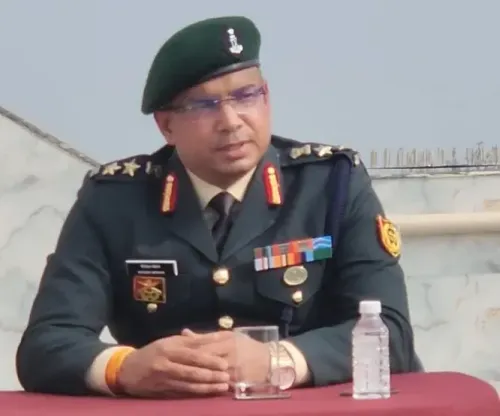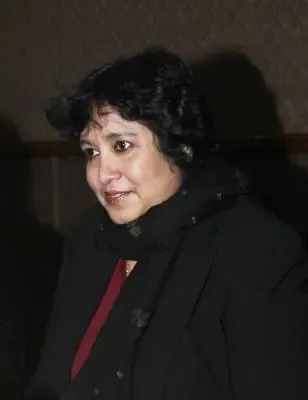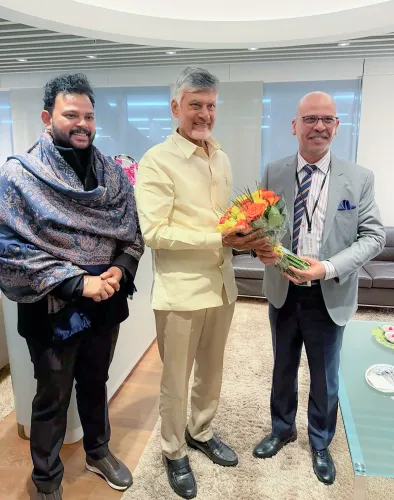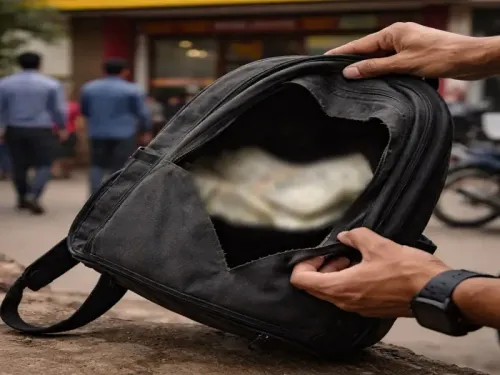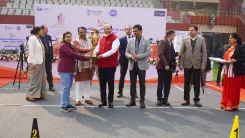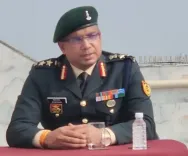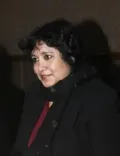How Can Society Collaborate with Government to Ensure Accessibility for the Disabled?
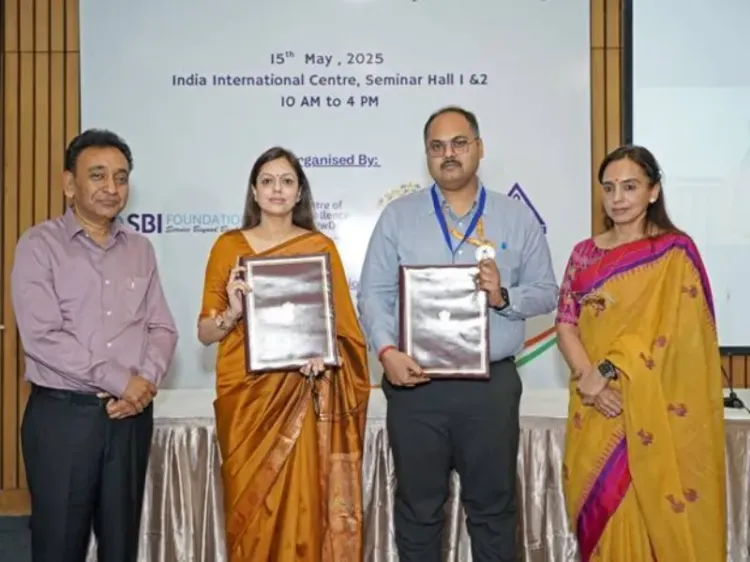
Synopsis
Key Takeaways
- Accessibility is a shared societal responsibility.
- Education is a fundamental right for all children.
- Technology enhances daily living for individuals with disabilities.
- Self-reliance is essential for divyangjans.
- Corporate partnerships are vital for inclusive employment.
New Delhi, May 15 (NationPress) Ensuring accessibility and inclusion for individuals with disabilities is not solely the government's obligation, but a shared responsibility of society at large, stated Rajesh Aggarwal, Secretary of the Department of Empowerment of Persons with Disabilities (DEPwD), on Thursday.
While addressing the Inclusive India Summit held in celebration of Global Accessibility Awareness Day (GAAD), Aggarwal emphasized that each Divyangjan has the inherent right to lead a life filled with dignity.
He highlighted the vital role of technology in enhancing their everyday experiences and advocated for increased accessibility.
The Secretary asserted that education is a fundamental right for every child, urging the development of an inclusive infrastructure that allows divyangjan children access to mainstream education without facing discrimination. Although special schools play a crucial role, the significance of inclusive schools has never been more pronounced.
On the topic of employment, Aggarwal stressed the necessity of empowering 'divyangjans' towards self-sufficiency. Numerous young individuals with disabilities are emerging as success stories across various sectors.
He called upon parents of divyang children to have faith in their abilities and provide them with opportunities. He also commended the corporate sector for its role in fostering an inclusive society by offering jobs to skilled youths with disabilities.
During the event, DEPwD formalized partnerships through three Memoranda of Understanding (MoU) with several organizations, including I for Humanity Foundation.
This MoU aims to create an accessible built environment and transportation system.
It encompasses the development of a checklist, toolkit, and an ‘Accessibility Index’ to audit and certify public buildings for compliance.
The collaboration with Nipman Foundation and Young Leaders for Active Citizenship (YLAC) is dedicated to promoting innovation and awareness regarding the rights of persons with disabilities. This partnership will host hackathons, national competitions, and Equal Opportunity Awards to honor inclusive practices.
Lastly, the agreement with Ramp my city Foundation focuses on constructing barrier-free public infrastructure, which includes healthcare facilities, tourist sites, and government buildings.


